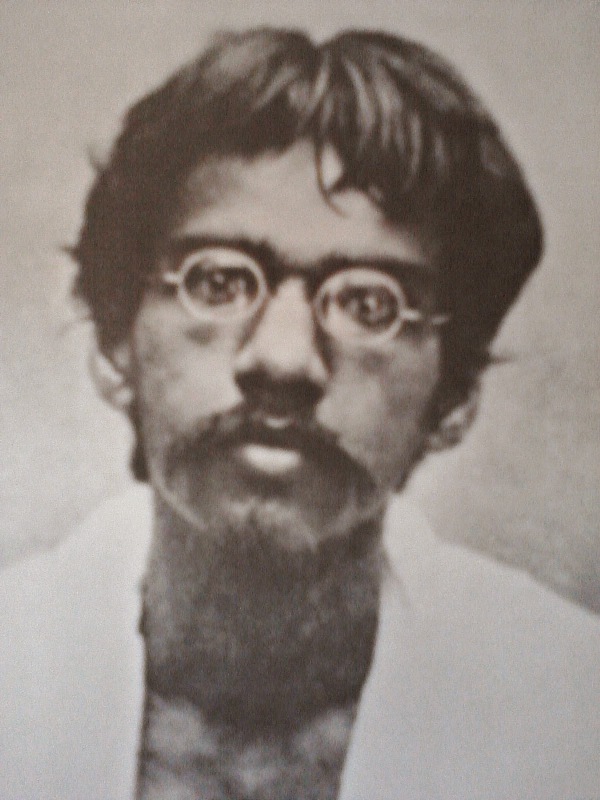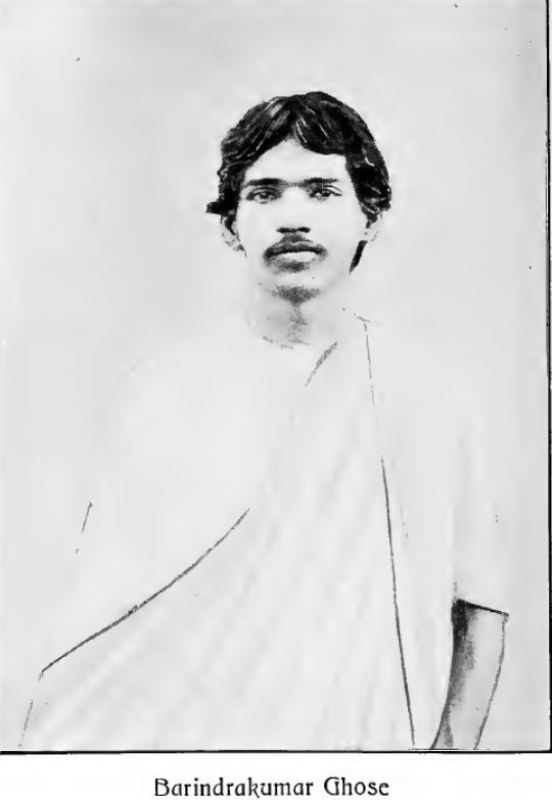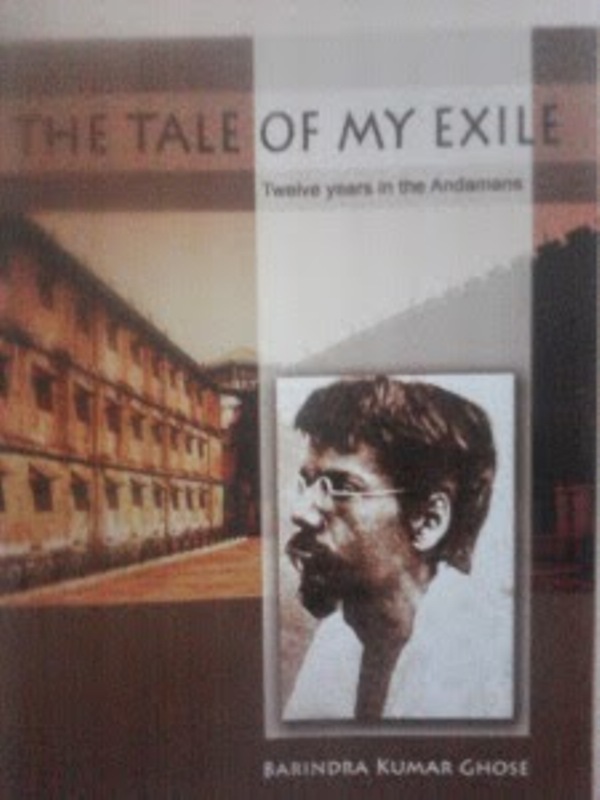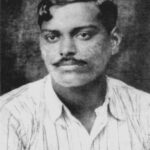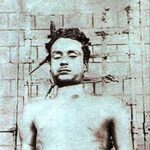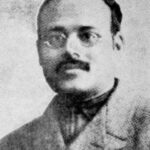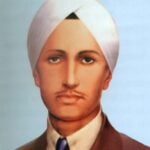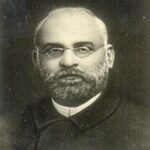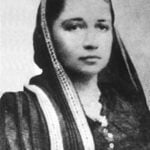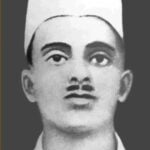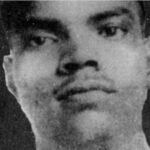Barindra Kumar Ghosh Age, Death, Wife, Children, Family, Biography & More
| Bio/Wiki | |
|---|---|
| Other name | Barin Ghosh [1]The Statesman |
| Profession(s) | Revolutionary and Journalist |
| Known for | Being one of the founding members of 'Jugantar' a Bengali weekly during the freedom struggle movements in India under the British Raj. |
| Physical Stats & More | |
| Eye Colour | Black |
| Hair Colour | Black |
| Personal Life | |
| Date of Birth | 5 January 1880 (Monday) |
| Birthplace | Upper Norwood, London, England |
| Date of Death | 18 April 1959 |
| Place of Death | Kolkata, India |
| Age (at the time of death) | 79 Years |
| Death Cause | Life Imprisonment at Andaman Cellular jail [2]The Statesman |
| Zodiac sign | Capricorn |
| Nationality | Indian |
| Educational Qualification(s) | • Initial school education at Deoghar, a city in Jharkhand. • In 1901, he joined Patna College. [3]Amrit Mahotsav |
| Relationships & More | |
| Marital Status (at the time of death) | Married |
| Family | |
| Wife/Spouse | Sailaja Dutta (widow of a respectable family) |
| Parents | Father- Dr. Krishnadhan Ghosh (physician and district surgeon) Mother- Swarnalata 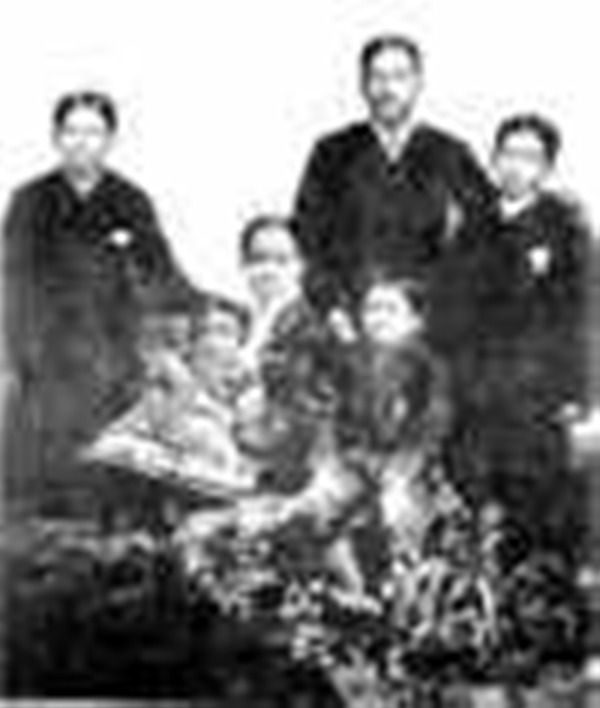 |
| Siblings | Brothers- 3 • Sri Aurobindo (Indian philosopher, yoga guru, maharishi, poet, and Indian nationalist) 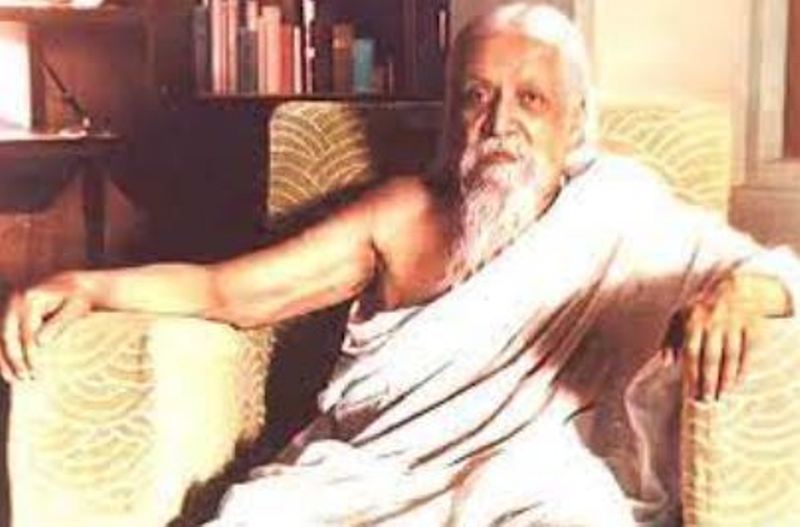 • Manmohan Ghose (Indian poet) 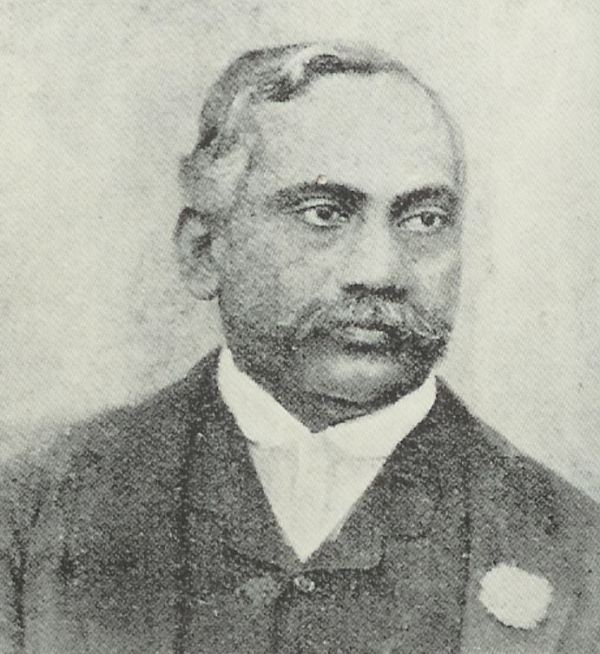 • Benoy Bhushan Sister- Sarojini Ghosh |
Some Lesser Known Facts About Barindra Kumar Ghosh
- Barindra Kumar Ghosh was an Indian revolutionary freedom fighter who is best known for being a founding member of a Bengali weekly ‘Jugantar.’ He was also a journalist. The great Indian philosopher, yoga guru, maharishi, poet, and Indian nationalist ‘Sri Aurobindo’ was the elder brother of Barindra Kumar Ghosh.
- Barindra Kumar Ghosh’s ancestors belonged to the Konnagar village in the Hooghly District of West Bengal. The social reformer and scholar ‘Rajnarayan Basu’ was his maternal grandfather, who was a follower of the Brahmo religion.
- The parents of Barindra Kumar Ghosh had five sons and a daughter. Benoy Bhushan, Manmohan, Aurobindo, a son who died in childhood, Sarojini and Barindra Kumar.
- At the end of 1878, the father of Barindra Kumar Ghosh, Dr Krishnadhan Ghosh, along with his pregnant wife, three sons and a daughter sailed to England. Dr Ghosh, the father of Barindra Kumar, decided to take his wife to England for mental treatment and pregnancy examination. In January 1879, they reached England. Reportedly, Dr Gose wanted the upbringing of his children in European style. [4]Marxist Indiana A book stated,
He had brought his sons to England because he wanted them to “receive an entirely European upbringing.” He left his sons with an English clergyman and his wife, Mr. and Mrs. Drewett in Manchester and then his wife — in the care of a London physician, Dr. Mathew.”
- Soon after leaving his children and wife in England, Barindra Kumar Ghosh’s father returned to India and resumed his service in 1880. However, in the same year, Barindra Kumar Ghosh’s mother, Swarnalata, also returned to India with her daughter Sarojini and the newborn Barindra Kumar. The mental condition of Barindra Kumar’s mother deteriorated, and Dr Ghosh found it impossible to live with her. Since 1873, the mother of Barindra Kumar was a patient of mental illness. She often had fits, and she became completely insane by 1880. Consequently, Swarnalata started living in a cottage in the Rohini village in Bengal along with Barindra Kumar and her daughter, Sarojini. Dr Ghosh lived alone in Khulna city in Bangladesh. Barindra Kumar lived with his mother for almost ten years. The childhood of Barindra Kumar was not happy as he saw his mother thrashing Sarojini during the fits attack. Sometimes, his mother used to tie Barindra Kumar to the bed at night. Reportedly, Dr Ghosh managed to take possession of Sarojini from Swarnalata, but she refused to give Barindra Kumar to him. Soon, Dr Ghosh managed to steal Barindra Kumar from Swarnalata and kept the two children in the care of a woman in Calcutta and used to go to meet his children every week. This woman was called ‘Ranga Ma’ by Barindra Kumar and Sarojini. Reportedly, Dr Bose was a drunkard. [5]Marxist Indiana
- The father of Barindra Kumar Ghosh, Dr Bose, died in 1893. Soon, his maternal uncle, Jogindranath, brought Barindra Kumar and his sister to Deoghar, where Barindra Kumar was enrolled in a local school. In school, Barindra Kumar Ghosh was influenced by his Bengali teacher Sakharam Ganesh Deuskar’s patriotic lectures. Barindra Kumar Ghosh came to know about his elder brother Sri Aurobindo and Manmohan Ghosh, who then came back from England. Sri Aurobindo used to come from Baroda during the Puja holidays. Aurobindo was a Cambridge educated and interacted more and more with Barindra Kumar, who was at a growing stage. He was influenced by his elder brother Sri Aurobindo and inclined towards the revolutionary freedom fighting movements in India.
- Manmohan Ghosh was the second elder brother of Barindra Kumar Ghosh. Manmohan Ghosh worked as a professor of English at Presidency College, Calcutta and at Dhaka University, and he was also an English literature scholar and a poet.
- In 1901, Barindra Kumar Ghosh cleared the entrance examination of Patna College, where he met his second elder brother Manmohan Ghosh who was working as a professor at Dhaka University. He stayed with his brother for some time and came back to Kolkata. For some time, he lived with his elder brother Benoy Bhushan at Cooch Behar in West Bengal. To earn money, Barinder Kumar’s friend advised him to open a shop in Patna. [6]The Tale Of My Exile Soon, he rented two rooms opposite the college in Patna and named it,
B. Ghose’s Tea Stall – Half anna cup, rich in cream.”
- Soon after setting up a tea business, Barindra Ghosh started earning good income from it. However, when plague broke out in Patna, he had to quit his business and Bihar. He then moved to his third brother Sri Aurobindo. At Aurobindo’s place, he read and wrote poetry and played the esraj, and he used to enjoy gardening and bird-hunting. He also used to read the history books including Burke’s French Revolution, Ranade’s Rise of the Maratha Power, and William Digby’s ‘Prosperous’ British India. During his stay in Bombay, he used to spent his evenings with his brother Aurobindo and some Maharashtrian friends who were associated with a secret revolutionary society. [7]The Tale Of My Exile
- In 1902, Barindra Kumar Ghosh returned to Kolkata and started organising several revolutionary groups with Jatindranath Banerjee. After four years, in 1906, he formed his own publishing house ‘Jugantar,’ which was also called Bengali weekly. Soon, it was transformed into a revolutionary organisation against British rule in India. Jugantar was formed with the help of the members of Anushilan Samiti, and soon, it began erecting a military to uproot the colonial rule from India.
- During his studies, Barindra Kumar Ghosh received formal military training in Baroda.
- In Jugantar, Barindra Kumar Ghosh and Jatindranath Mukherjee, who was also known as Bagha Jatin, were given the responsibility to recruit the young revolutionaries from Bengal. During this recruitment procedure, another revolutionary group ‘the Maniktala group’ was formed in Maniktala, Kolkata, to manufacture bombs and to gather the arms and ammunition for the young freedom fighters.
- On 30 April 1908, Khudiram Bose and Prafulla Chaki tried to kill a British Magistrate Douglas Kingsford following which the British authorities intensified their investigation against the Indian rebels. Consequently, on 2 May 1908, Barindra Kumar Ghosh, Aurobindo Ghosh and their many companions were arrested by the British police. In the Alipore Bomb Case, Barindra Kumar Ghosh and Ullaskar Datta were sentenced to death. However, this punishment was reduced to life imprisonment at the Cellular Jail in Andaman along with his companion Deshbandhu Chittaranjan Das. In 1909, they were deported to the Cellular Jail.
- In 1920, the government gave amnesty to Barindra Kumar Ghosh, and he returned to Kolkata. In Kolkata, he started journalism. During this period, he wrote his memoir ‘The tale of my exile – twelve years in Andamans.’ He then opened an ashram in Kolkata and quit journalism.
- In 1923, Barindra Kumar Ghosh moved to his elder brother’s place in Pondicherry and inclined towards spiritualism and Sadhana at Sri Aurobindo’s ashram.
- In 1929, Barindra Kumar came back to Kolkata and again started journalism. The Dawn of India, an English weekly, was started by Barindra Kumar Ghosh in 1933. During this period, he worked with the newspaper ‘The Statesman.’ In 1950, Barindra Kumar Ghosh was appointed as the editor of the Dainik Basumati, a Bengali daily published from Kolkata by the Basumati Corporation Limited. During the same time, he got married.
- Apart from being a revolutionary freedom fighter, Barindra Kumar Ghosh was also a great author. The books written by him include Dvipantarer Banshi, Pather Ingit, Amar Atmakatha, Agnijug, Rishi Rajnarayan, The Tale of My Exile, and Sri Aurobindo. The other popular books published by Barindra Kumar Ghosh were ‘Upendra Nath Bandyopadhyaya, Nirbasiter Atmakatha, Calcutta,’ which was published in 1945 and ‘RC Majumdar, History of the Freedom Movement in India, II, Calcutta, which was released in 1963.
- When Barindra Kumar Ghosh was detained at the Alipore jail, he planned to break the jail which failed.
- The trauma that was experienced by Barindra Kumar Ghosh at the Cellular jail was explained by him in his book ‘The Tale of my Exile.’ On page number 7 of this book, he explained the torture faced by the prisoners. [8]The Statesman He wrote,
And yet, the sense of wit and humour sometimes burst forth despite the descriptions of inhuman treatment, “What a funny spectacle we must have offered then! A wooden ticket dangling from an iron ring round the neck — just like the bell that is hung on to the neck of a bullock — fetters on the leg…”
In his memoir, Barindra Kumar Ghosh described the British jailers, supervisors, wardens, and security guards and the same food “rice, dal and kachu leaf” that he ate for twelve years. He further wrote about the mental torture of the prisoners. He mentioned,
Also the lack of human contact, companionship and conversation reduced some of the prisoners to brutish beasts; some even indulged in sexual perversity while many became mentally unstable.”
On page number 131 of the book, he explained the suicidal thoughts that were emerging in the minds of prisoners which were the only hope of release from the cellular jail. [9]The Statesman He continued,
It will unhinge any man even in ordinary circumstances, not to speak of a prisoner, to be so hunted and insulted all the 24 hours. It is quite an inevitable eventuality that many should try to find release through suicide. Those only whose hearts have turned to stone can bury their pain and count their days in the hope of a future.”
- Sakaria Swami was Barindra Kumar Ghosh’s guru.
References/Sources:

